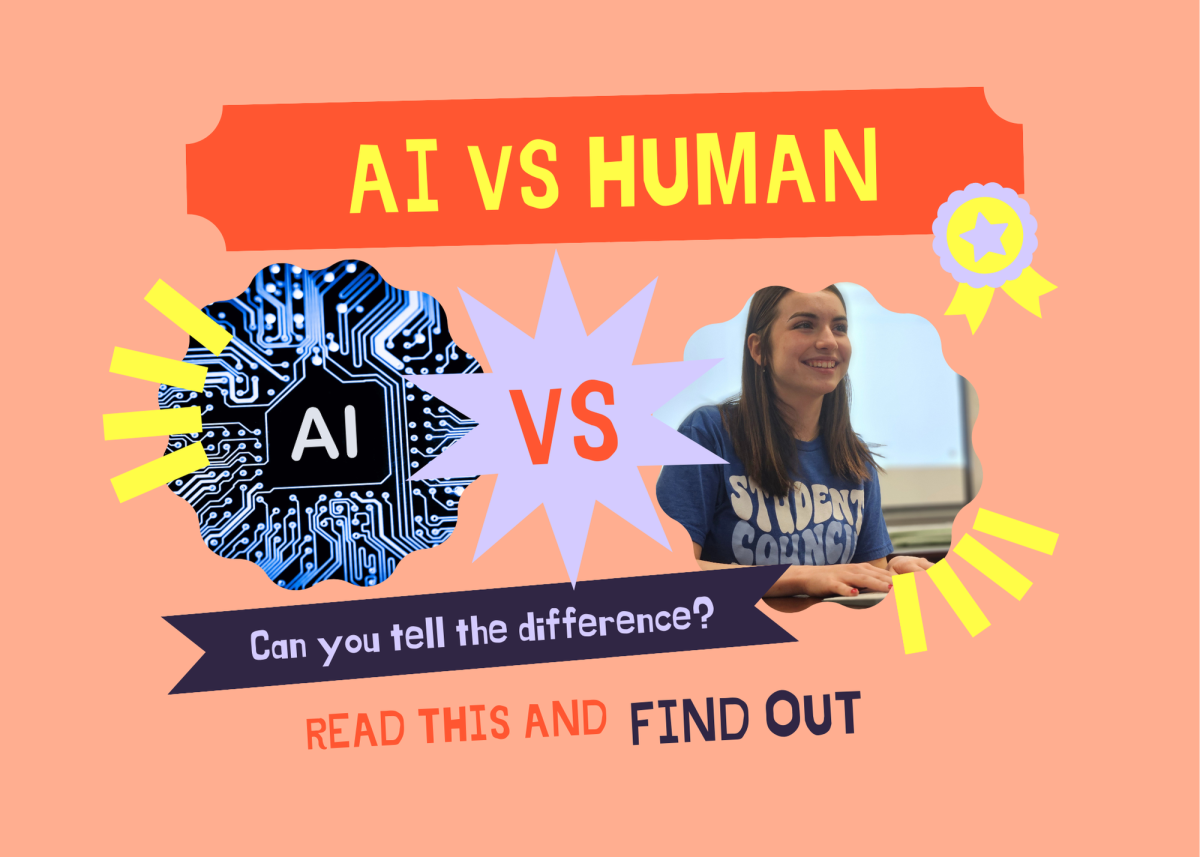Given the recent outbreak of the corona virus, campuses internationally are turning to alternative forms of education, largely in the form of electronic ‘online only’ styles of education. This puts the on-campus education system into question, leading many to wonder whether students even need to be there physically for education to be productive.
On-campus models of education serve students better, and the temporary lapse of it leading to online schooling should be just that, a temporary lapse. This means that all campuses should return to the original model of education after this pandemic is contained and all is dealt with to serve the students the best education that is possible, one that takes place in person.
As the pandemic rages on, only some things are certain. One of these things is the past that students have known for decades, and that is important because the on-campus model has proven time and time again to engage students in a way that cannot happen behind a screen. For instance, a 2019 article from “The Wall” illustrates that even while online classes may be good in certain situations, it takes away from the cooperative problem solving aspect that is had on campuses. Not only is being on campus a novelty, but there are psychological factors that contribute in a large way to how students learn and react to each other. This comes in the form of interactive education, which has shown itself to be absolutely key in keeping students engaged with the curriculum. The impacts of this are shown in a 2017 Brookings Institute study that shows that not only are students less active within their online classes, but perform substantially worse. So even if students feel that they are getting a better education online, they simply aren’t because an estimated one-third of the educational experience is absent, that being the interactive portion.
Not only has online education evolved when it comes to accessibility, but it has also evolved in the way that the courses themselves are adjudicated. If we look at a 2017 opinion piece from “Peterson’s,” we see that online courses require an increased amount of reading. Not only this, but in an effort to compensate for the education lost by being online, there is an increased workload across the board to prove mastery of the material at hand. This has led what is usually a three hour-a-week course to become what is a 15 to 20 hour-a-week course. This workload is unsustainable, and as online education is evolving and becoming more commonplace, there must be measures taken to ensure that time necessary does not get out of hand.
Even though we now live in a world where online education has become necessary, that doesn’t mean that it is the best option presented. Whether it be because of the simple advantage of being in person or the shortfalls of online education, an on-campus model must be preferred and returned to after this pandemic.











